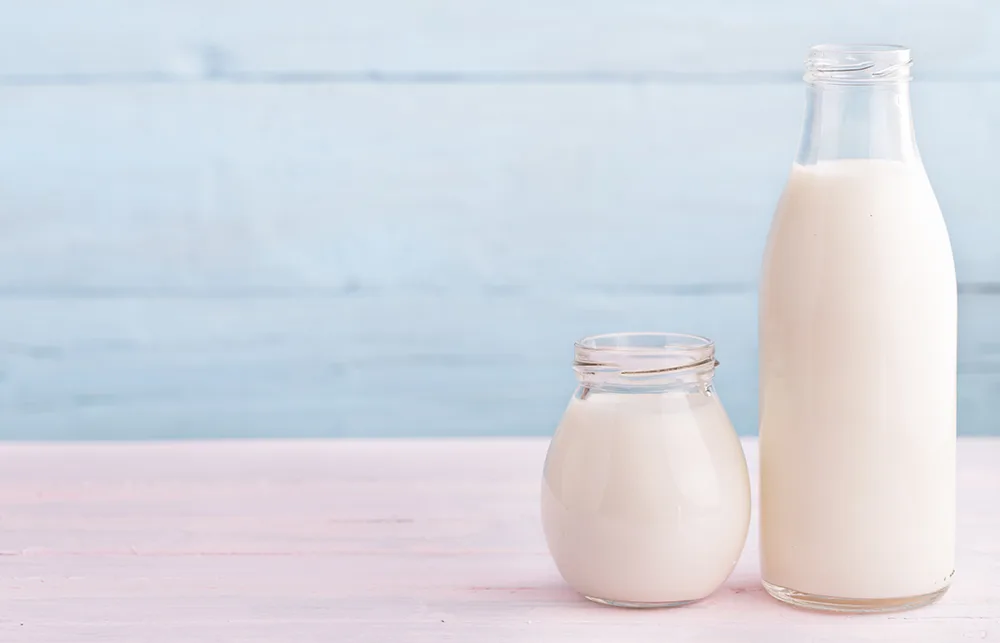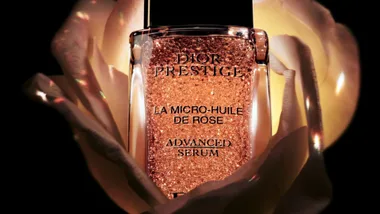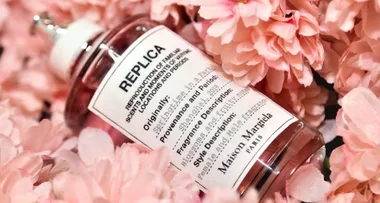When Alicia Keys attributed her glowing complexion to a dairy-free diet this week, it reopened a debate as old as acne treatments: does dairy give you pimples?
Keys is far from the only celeb to swear off the white stuff – models, fitspo stars and practically everyone on Instagram has swapped skim for almond, soy, oat, rice, goat or coconut milks. Even cockroach milk looked like it was going to start trending for a terrifying moment (thankfully, that particular fad faded into nothing).

But is dairy really to blame for all our skin woes? In the quest for a clear complexion, we turned to the experts – and were mighty surprised by what we found.
“In terms of the science, there’s really nothing there,” says Dr Andrew Miller, dermatologist and spokesperson from the Australasian College of Dermatologists.
The studies that a Google search brings up tend to be poor quality – think small sample sizes and observational instead of randomised and controlled.
“In terms of acne specifically, the theory is that the naturally occurring hormones in milk could cause problems in the skin, but the only time they’ve ever demonstrated anything that comes close to an affect is skim milk in women,” says Dr Miller. “The way skim milk is concentrated can theoretically increase the risk of getting a hormone boost from drinking it, but if you look at the evidence critically, it’s very soft.”
In short? Switching from skim to full cream if you’re plagued by pimples can’t hurt.
And if your boyfriend has bacne, his milk-based protein supplements could be to blame. “The majority of protein supplements that you can buy easily are milk whey protein based, and there’s a suggestion that they can be associated with an increase in acne,” says Dr Miller.
“We’d suggest they swap to a soy-based supplement, because that doesn’t seem to have the same affect.”

On the subject of soy, while it isn’t associated with bad skin at all, it is – somewhat surprisingly – fattier than full cream dairy milk. And oat, rice and nut milks tend to be higher in sugar.
The other trouble with milk alternatives of the nut- and plant-based variety is that they aren’t natural sources of vital nutrients like calcium, which dairy is rich in. If you’re drinking these, always opt for fortified versions without added sugar.
Amidst all the anti-dairy hype, we tend to forget two things: one, that milk is the highest absorbing protein we have; and two, it’s one of the best sources of calcium. AKA milk is actually incredibly good for us (unless, of course, you’re allergic).
Full disclosure: this writer is currently sipping a skim latte. And she plans to have cheese with wine tonight (because Thursday). But thankfully, the science is on her side.










